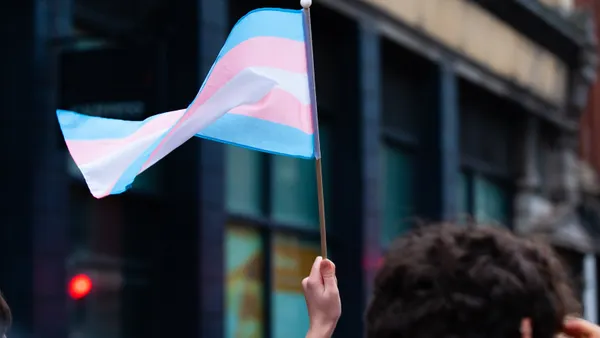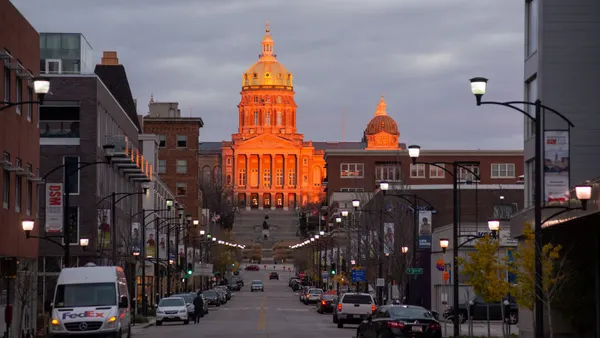Dive Brief:
- To no one’s surprise, the NCAA announced on Sunday that it will appeal the decision in the Ed O’Bannon anti-trust case.
- On Friday, a U.S. District Court judge in California had ruled that universities couldn’t deny compensation to football and basketball players for the use of their names, images, and likenesses.
- While the O'Bannon judgment has been declared a landmark decision that could move college sports into the professional realm, the ruling is unclear on several points and likely to wind through more than one layer of appeals.
Dive Insight:
Friday’s decision was the end of Chapter One in the book that will be written on this case, and it could be a door-stopper before the ending is revealed. The Chronicle of Higher Education quotes legal experts as saying that the NCAA will probably win the appeal, and the plaintiffs will appeal the appellate decision. The University of Nebraska chancellor tells the New York Times that Congress will probably get involved on the anti-trust issue. In announcing the decision to appeal, the NCAA’s chief legal officer on Sunday said that the association will be seeking clarity on details of the ruling. Among the questions, from the NCAA and others: Does the ruling apply to sports outside of football and basketball? Under Title IX, wouldn’t the ruling have to apply also to women’s sports? How would a trust funds system suggested by the judge, as a means for compensation for college athletes, work? How would the $5,000-per-student compensation cap proposed by the judge be justified?












